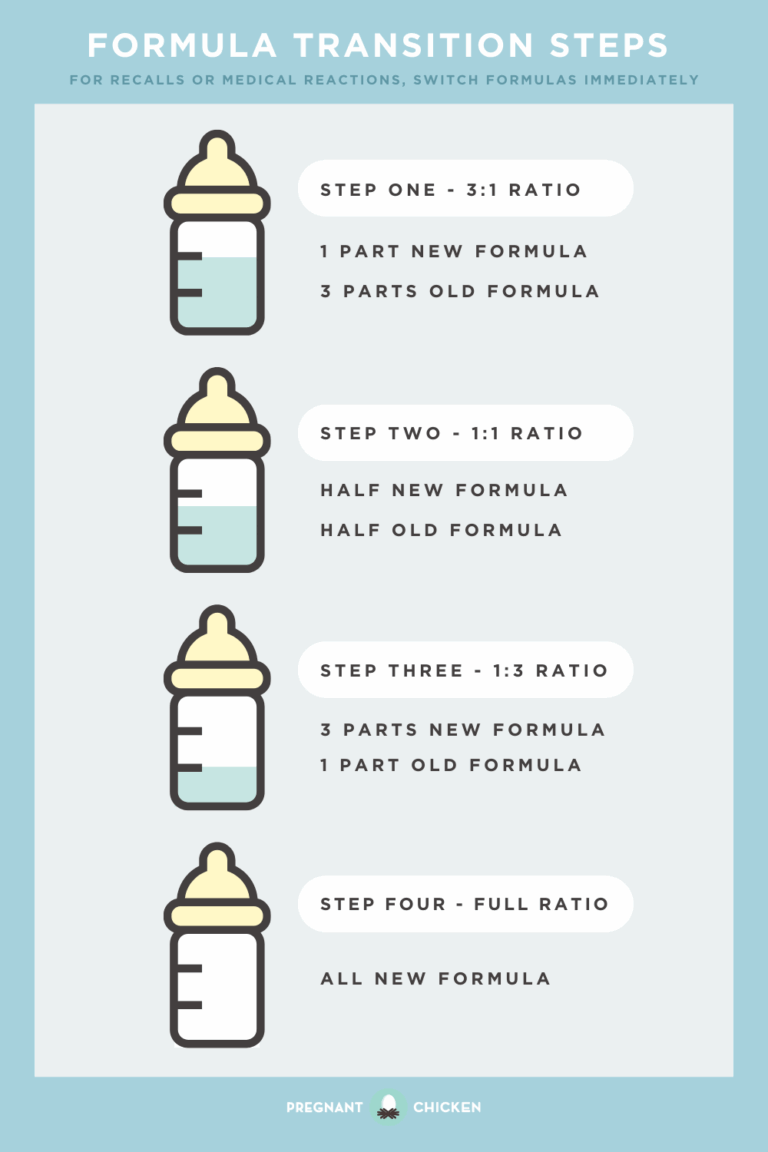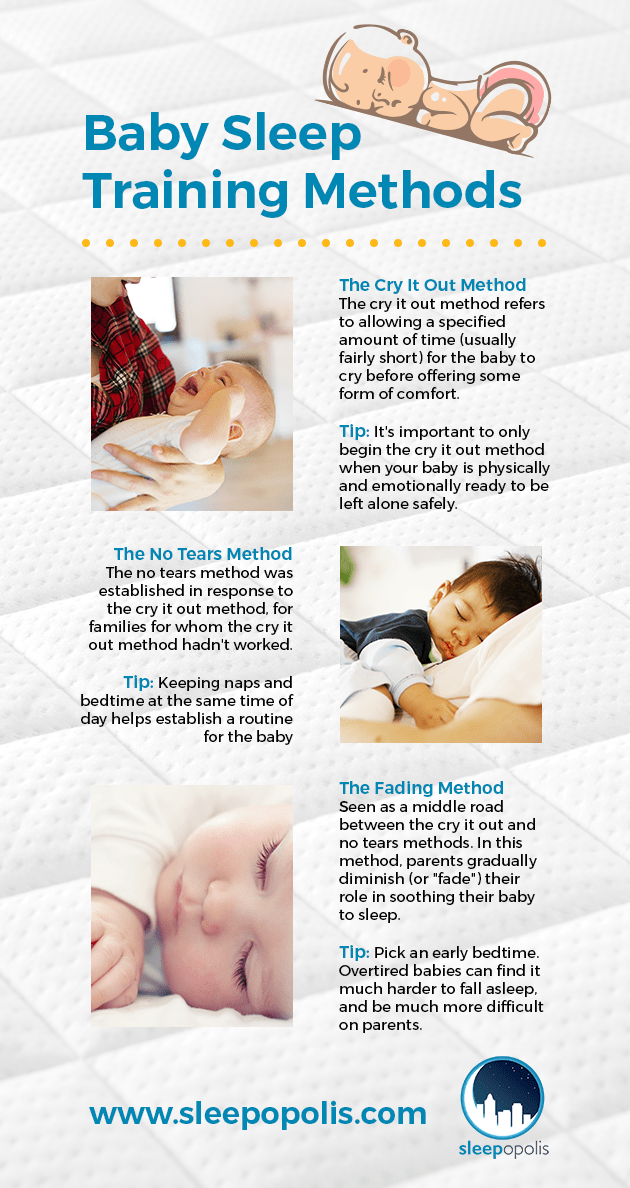Adult Breastfeeding Relationships: Exploring Intimacy, Health, and Cultural Perspectives
Adult breastfeeding relationships, characterized by the breastfeeding of individuals beyond infancy, have garnered increasing attention in recent times. These relationships encompass a complex interplay of psychological, emotional, cultural, and health considerations. In this discussion, we delve into the nature of adult breastfeeding relationships, exploring their motivations, dynamics, societal perspectives, and potential implications for individuals involved.
Beyond providing nourishment, adult breastfeeding often serves as a means of expressing intimacy, nurturing attachment, and exploring alternative forms of sexuality. However, societal attitudes towards this practice vary widely, ranging from acceptance to stigma and discrimination. Understanding the diverse perspectives surrounding adult breastfeeding relationships is crucial for fostering informed discussions and supporting individuals’ choices.
Adult Breast Feeding Relationship

Breast feeding is a natural process that provides many benefits for both the mother and the child. However, in some cases, adults may also choose to breastfeed. This can be for a variety of reasons, such as to provide comfort, to bond with a partner, or to experience the benefits of breast milk.
There are a number of different ways to breastfeed as an adult. Some people choose to breastfeed directly from the breast, while others use a breast pump to express milk. There are also a number of different positions that can be used for breastfeeding.
Benefits of Adult Breast Feeding
There are a number of potential benefits to adult breastfeeding. These include:
- Providing comfort and bonding
- Reducing stress
- Improving sleep
- Boosting the immune system
- Lowering the risk of breast cancer
Risks of Adult Breast Feeding
There are also some potential risks to adult breastfeeding. These include:
- Mastitis (infection of the breast)
- Abscess (collection of pus)
- Nipple pain
- Milk leakage
- Breast engorgement
Conclusion
Adult breastfeeding is a complex issue with both benefits and risks. It is important to weigh the pros and cons carefully before making a decision about whether or not to breastfeed.
Helpful Answers
What are the primary motivations for engaging in adult breastfeeding relationships?
Motivations vary widely and may include emotional intimacy, nurturing attachment, sexual exploration, and alternative forms of parenting.
Are there any potential health benefits or risks associated with adult breastfeeding?
Potential benefits include stress reduction, hormonal regulation, and improved lactation. However, risks such as infection, breast engorgement, and nipple soreness should be considered.
How do cultural and societal attitudes influence adult breastfeeding relationships?
Cultural norms and social stigma can significantly impact individuals’ experiences and the acceptance of these relationships within society.
What are the key communication patterns and relationship dynamics in adult breastfeeding relationships?
Open communication, clear boundaries, and mutual respect are essential for navigating the unique challenges and opportunities of these relationships.
Where can individuals find support and resources for adult breastfeeding relationships?
Support groups, healthcare professionals, and online communities provide information, guidance, and a sense of belonging for individuals involved in adult breastfeeding relationships.





